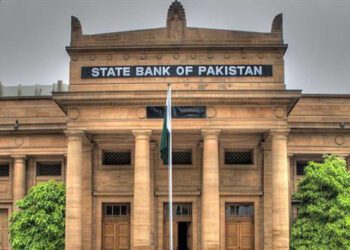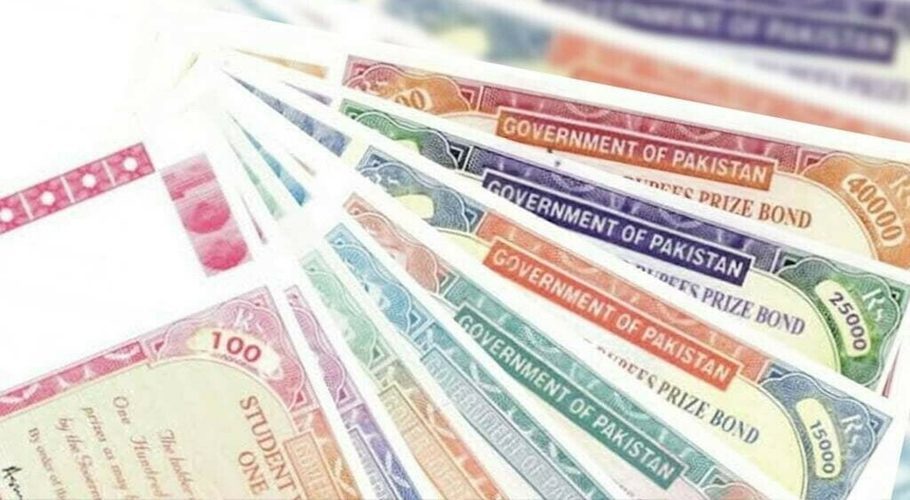The International Monetary Fund (IMF) has projected that Pakistan will require more than $115 billion in external financing over the next five years, cautioning that politically driven subsidies could undermine the country’s fragile macroeconomic stability.
In its latest assessment of Pakistan’s external financing outlook, the IMF estimates that the country will need $19.3 billion in foreign funding for the fiscal year 2025–26. This requirement is expected to rise marginally to $19.75 billion in 2026–27 and then surge to $31.35 billion in 2027–28 — the peak of the five-year period. Financing needs for the subsequent fiscal years are forecasted at $23.13 billion for 2028–29 and $22.16 billion for 2029–30.
While the Fund acknowledged some improvement in Pakistan’s debt servicing profile due to recent reforms, it warned that external vulnerabilities persist. Any deterioration in regional security, a rollback of economic reforms, or the introduction of unsustainable subsidies could reverse recent macroeconomic gains.
Also read: IMF reportedly rejects tax relief for salaried class
The report further noted that Pakistan’s access to commercial borrowing will remain limited, with only $85 million anticipated from commercial sources in FY26. Market-based financing options like Eurobonds are expected to remain inaccessible unless Pakistan’s creditworthiness improves—potentially by 2027.































